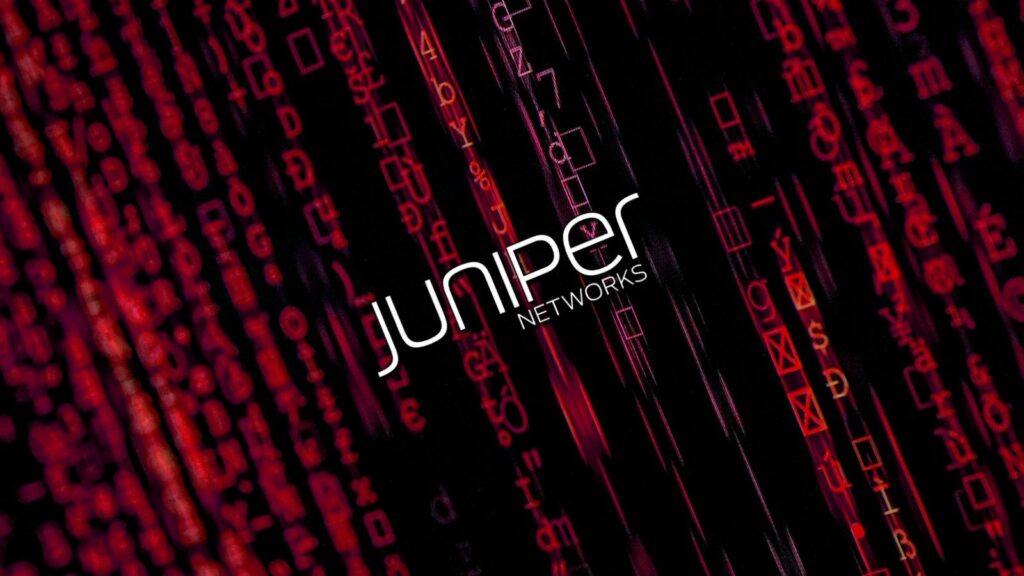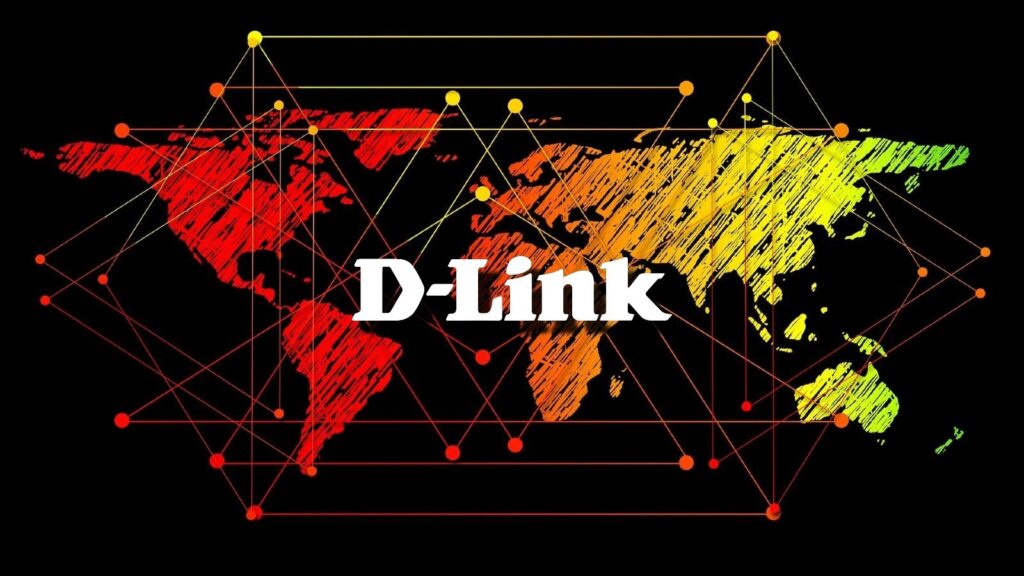Security News
Multi-Malware ‘Cluster Bomb’ Campaign Drops Widespread Cyber Havoc
“Unfurling Hemlock” has deployed malware on tens of thousands of systems worldwide by nesting multiple malicious files inside other malicious files.
Read MorePrudential Financial now says 2.5 million impacted by data breach
Prudential Financial, a global financial services company, has revealed that over 2.5 million people had their personal information compromised in a February data breach. […]
Read MoreCDK Global says all dealers will be back online by Thursday
CDK Global says that its dealer management system (DMS), impacted by a massive IT outage following a June 18th ransomware attack, will be back online by Thursday for all car dealerships. […]
Read MoreAustralian charged for ‘Evil Twin’ WiFi attack on plane
An Australian man was charged by Australia’s Federal Police (AFP) for allegedly conducting an ‘evil twin’ WiFi attack on various domestic flights and airports in Perth, Melbourne, and Adelaide to steal other people’s email or social media credentials. […]
Read MoreCisco warns of NX-OS zero-day exploited to deploy custom malware
Cisco has patched an NX-OS zero-day exploited in April attacks to install previously unknown malware as root on vulnerable switches. […]
Read MoreNew regreSSHion OpenSSH RCE bug gives root on Linux servers
A new OpenSSH unauthenticated remote code execution (RCE) vulnerability dubbed “regreSSHion” gives root privileges on glibc-based Linux systems. […]
Read MoreJuniper releases out-of-cycle fix for max severity auth bypass flaw
Juniper Networks has released an emergency update to address a maximum severity vulnerability that leads to authentication bypass in Session Smart Router (SSR), Session Smart Conductor, and WAN Assurance Router products. […]
Read MoreHackers exploit critical D-Link DIR-859 router flaw to steal passwords
Hackers are exploiting a critical vulnerability that affects all D-Link DIR-859 WiFi routers to collect account information from the device, including passwords. […]
Read MoreMeet Brain Cipher — The new ransomware behind Indonesia’s data center attack
The new Brain Cipher ransomware operation has begun targeting organizations worldwide, gaining media attention for a recent attack on Indonesia’s temporary National Data Center. […]
Read More8220 Gang Exploits Oracle WebLogic Server Flaws for Cryptocurrency Mining
Security researchers have shed more light on the cryptocurrency mining operation conducted by the 8220 Gang by exploiting known security flaws in the Oracle WebLogic Server.
“The threat actor employs fileless execution techniques, using DLL reflective and process injection, allowing the malware code to run solely in memory and avoid disk-based detection mechanisms,” Trend Micro researchers Ahmed









